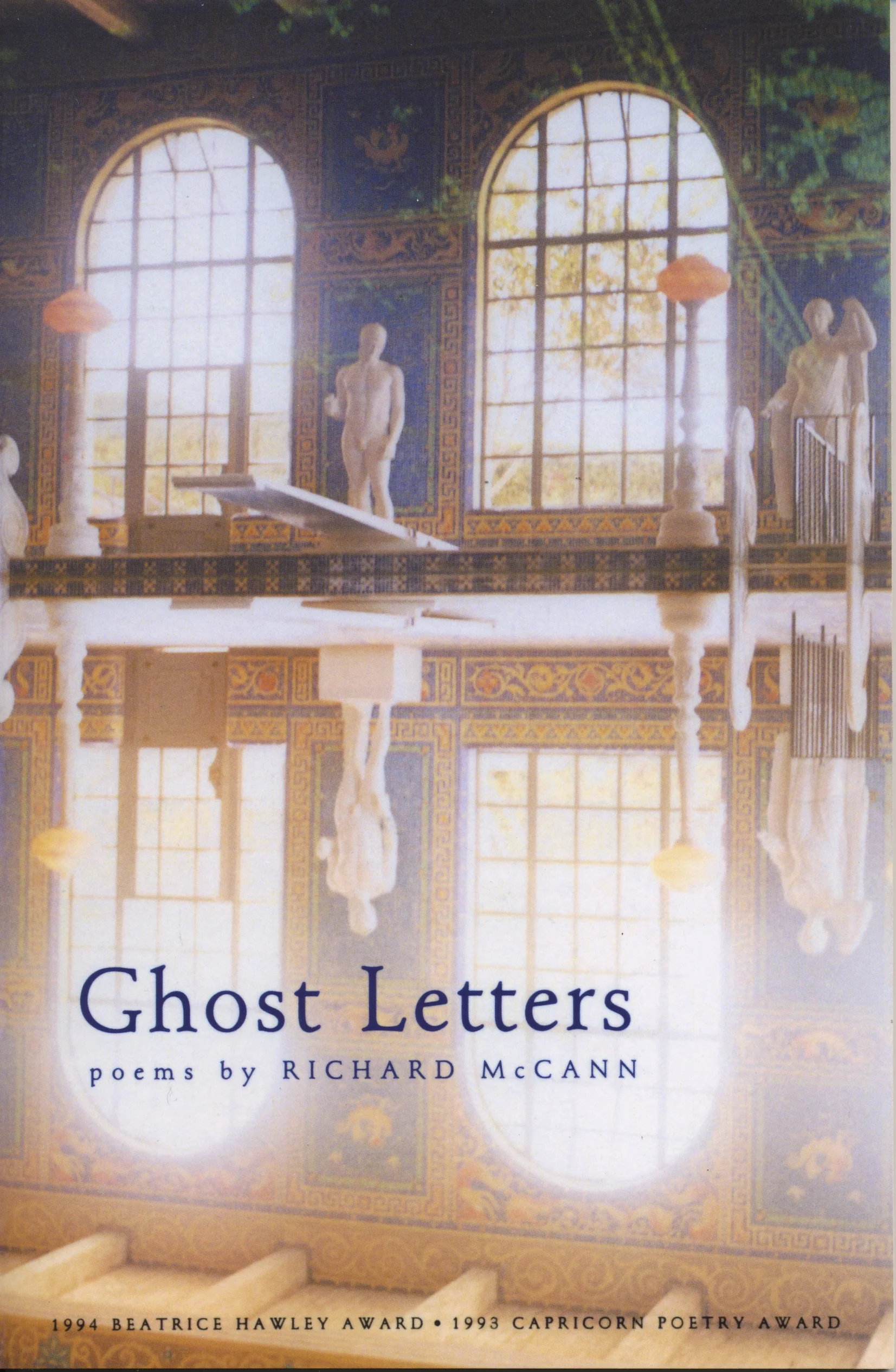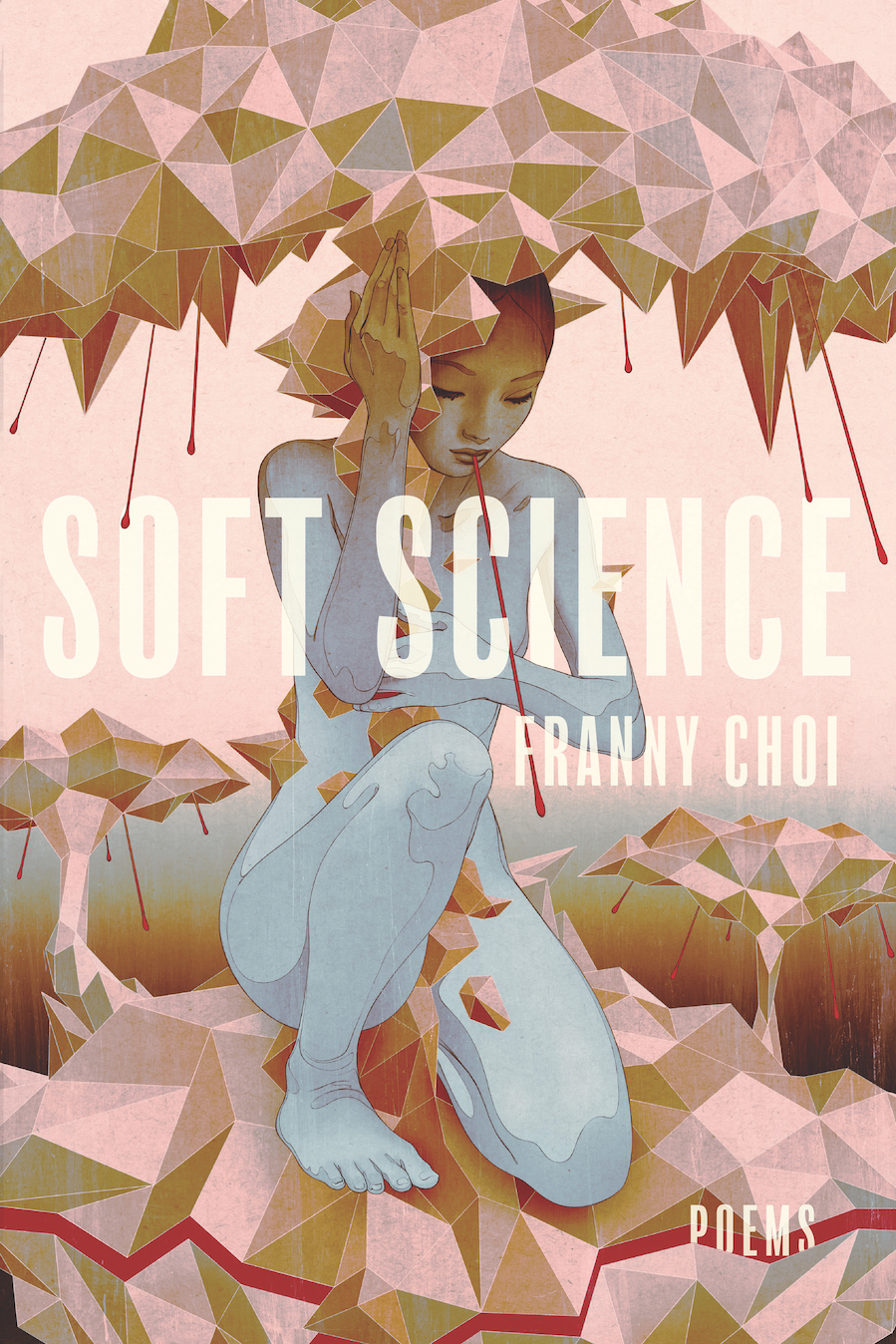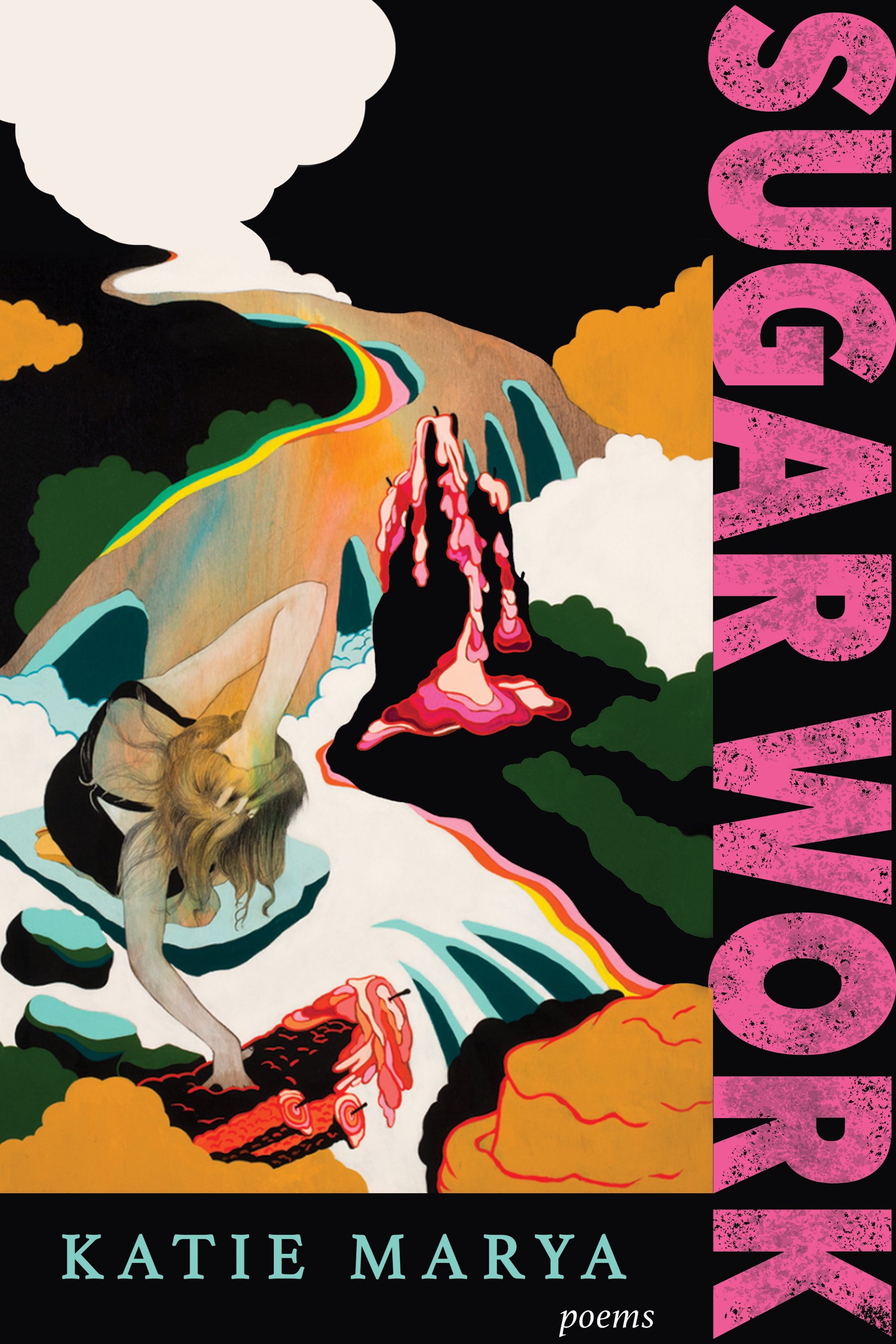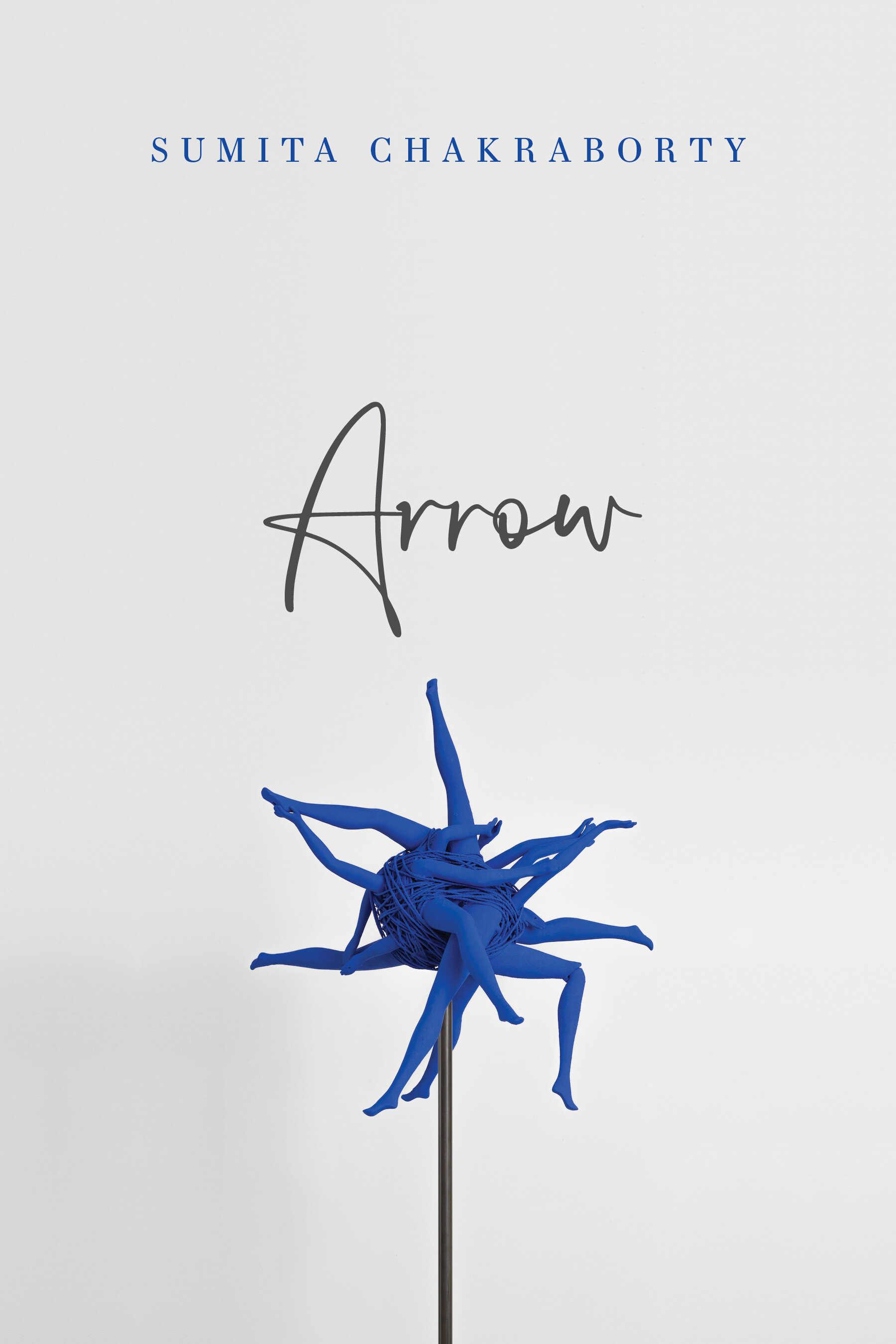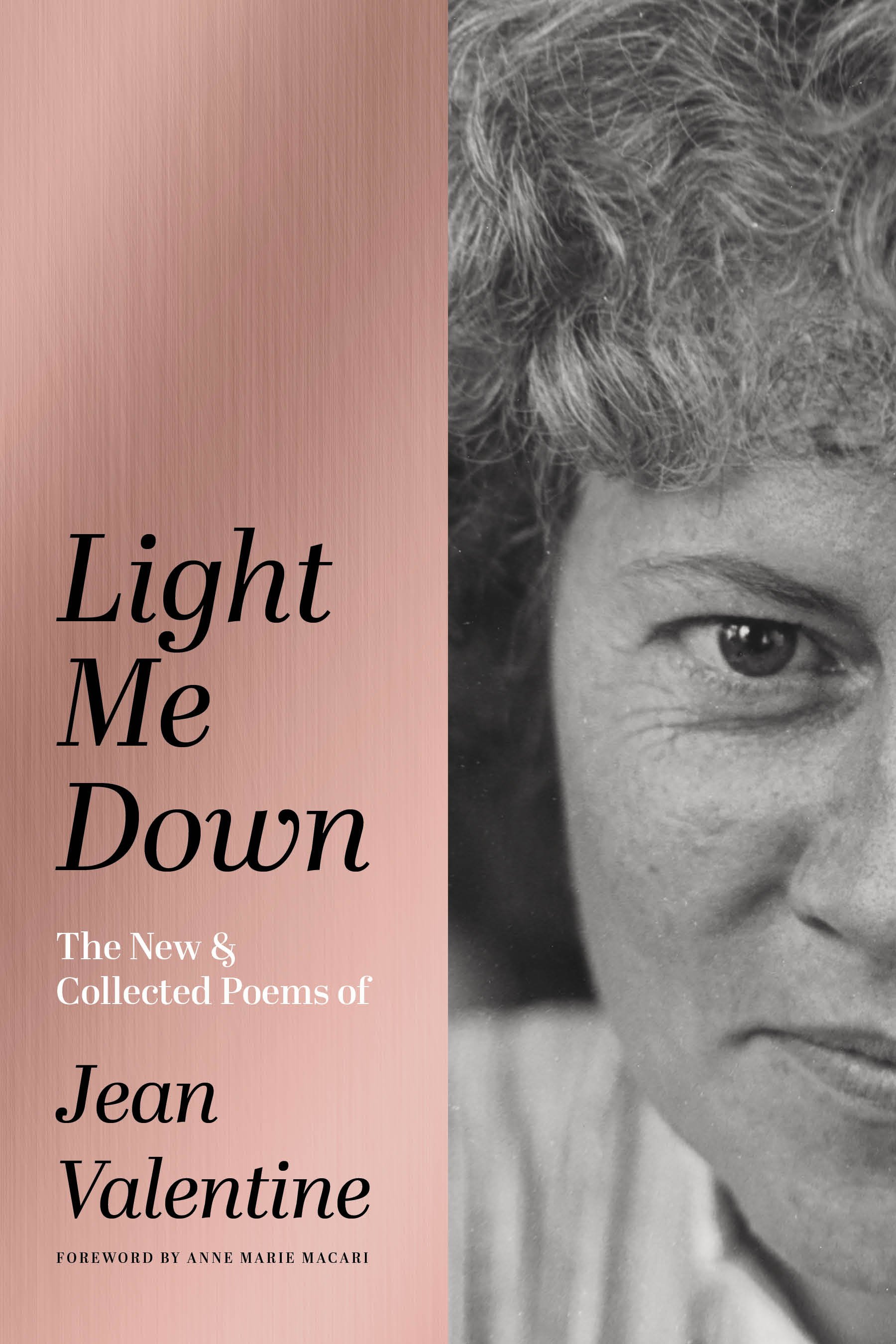Ghost Letters
Ghost Letters
Richard McCann
1994 Beatrice Hawley Award
Capricorn Poetry Award
“In one of her spirit-letters, Emily Dickinson writes, ‘I a phantom, to you a phantom, rehearse the story.’ Richard McCann’s Ghost Letters are posted from our moment’s most laden and poignant territory, the zone where mortality and desire intersect. These poems have as much courage as they do craft; the result is an indelible book which illuminates the way the living and the dead sustain an intimate conversation which death changes but cannot silence. This ferociously tender poet instructs us that to be fully alive is to be entirely haunted.”
—Mark Doty
November 1994
ISBN: 9781882295043
Available in print and digital formats..
Richard McCann is the author of Dream of the Traveler and Nights of 1990, and the co-editor (with Margaret Gibson) of Landscape and Distance: Contemporary Poets from Virginia. His poetry, fiction, and essays have appeared in The Atlantic, The Nation,and Esquire, and in numerous anthologies, including The Penguin Book of Gay Short Stories, Poets for Life: 76 Poets Respond to AIDS, and In the Company of My Solitude:American Writing from the AIDS Pandemic. He is the editor (with Michael Klein) of Things Shaped in Passing: More 'Poets For Life' Writing From the Aids Pandemic. He studied at Hollins College, where he earned an M.A. in Creative Writing and Modern Literature, and at the University of Iowa, where he earned a Ph.D. in American Studies. He has lived in Germany and Sweden, where he was the Fulbright Lecturer at Goteborgs University, and he has served as the Jenny McKean Moore Writer-in-Washington. His numerous awards include an NEA Creative Writing Fellowship, and a 2006 Guggenheim Fellowship in Poetry. He lives in Washington, D.C., where he co-directs the graduate program in creative writing at American University.
“This space is left empty to create a white space. To create a white separation block in these individual book pages, add a Quote Block”
Additional Praise:
“Richard McCann writes not about, but from, his losses. We listen to his ghosts and they are ours also.”
—Jean Valentine
“Ghost Letters reminds me of Rilke. To read these poems is to be frightened by exposure to our transparency and evanescence. It would be easy to say that these poems are about forbidden love, but the greater risk they take is the forbiddenness of feeling itself. In these reckless, beautifully written poems, the pilgrim instructs us, through example, that life and death are mutually contagious.”
—Tony Hoagland
“This space is left empty to create a white space. To create a white separation block in these individual book pages, add a Quote Block”
More by the author:
“This space is left empty to create a white space. To create a white separation block in these individual book pages, add a Quote Block”
Featured:

